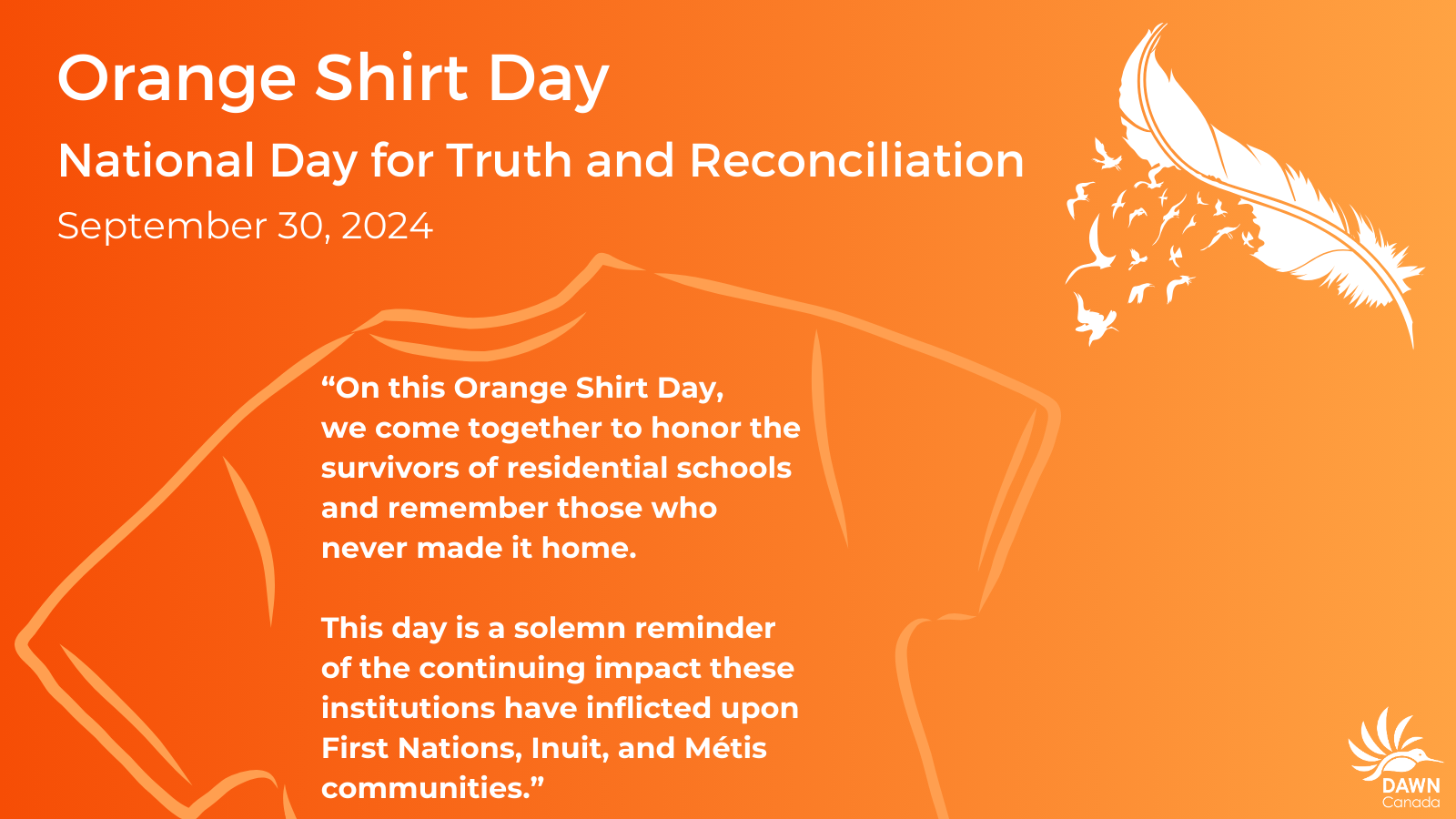Orange Shirt Day 2024: A Call for Action on Lifespan Disparities and Over-Incarceration

On this Orange Shirt Day, we come together to honor the survivors of residential schools and remember those who never made it home. This day is a solemn reminder of the continuing impact these institutions have inflicted upon First Nations, Inuit, and Métis communities.
We must acknowledge the stark realities faced by Indigenous peoples today. The life expectancy of First Nations people remains significantly lower than that of the general population, a disparity rooted in historical and ongoing systemic inequities. This gap in life expectancy is a direct consequence of inadequate access to healthcare, education, and economic opportunities, compounded by the intergenerational trauma of colonization.
In 2015 in Alberta, the life expectancy of a First Nations man was 67 and a First Nations women was 73. By 2021 there was drop of 7 years for a First Nations man (60 years) and First nations women (66 years). In comparison the life expectancy across Canada for a non-First Nations man is 79 and for a non-First Nations woman is 84. That is a difference of 19 and 18 years. Such shocking statistics that go unnoticed and ignored. There were no national statistics on First Nations life expectancy for 2021 that could be compared.
Read more: Shocking First Nations’ lifespan data, The Niagara Independent, Sept 15, 2023
Moreover, the overincarceration of Indigenous women is a critical issue that demands our attention. Indigenous women represent 50% of the federal inmate population for women yet make up only 2.5% of the population in Canada. In Saskatchewan we have seen this number as high as 90%. Indigenous women are vastly overrepresented in the criminal justice system, often as a result of systemic racism, and ableism, poverty, and the legacy of colonial policies. This overincarceration not only deteriorates family and community well being but also perpetuates cycles of trauma and marginalization.
On this day, let’s commit to meaningful action and reconciliation together. We must work towards a society where Indigenous people can experience equal opportunity, free from the shadows of the past. By speaking about these critical issues, we honor the spirit of truth and reconciliation.
Every Child Matters.
- Evelyn Huntjens, Director of Indigenous Initiatives at DAWN Canada
